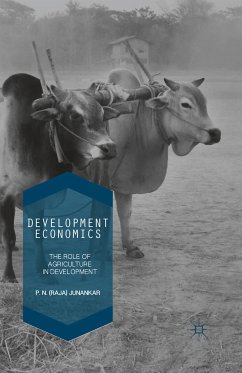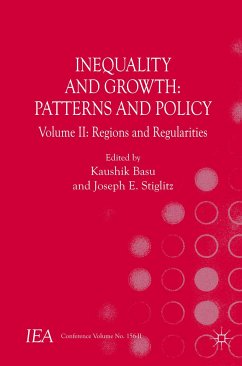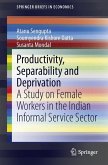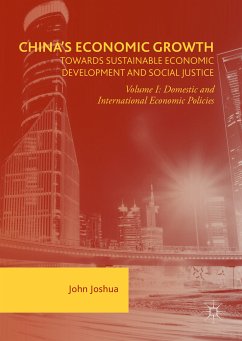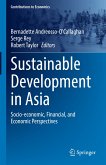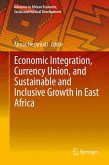Informal labour markets are prevalent in developing countries and these provide poor conditions of work and living for a large majority of the population. The papers in this book study economic development from the perspective of social justice and economic efficiency; exploring the role of land tenure and productivity in Indian agriculture. Junankar discusses the efficiency of small farms versus large farms, and the role of share-cropping tenancy. He provides a critique of neoclassical economics that assumes farmers maximize profits in competitive markets and argues that social and institutional conditions limit the conditions under which farmers operate in developing countries. Development Economics raises issues of poverty, inequality and mobility of agriculturists.
Junankar proposes different taxation principles on agricultural producers that would lead to a more efficient and equitable system; and this collection of essays also highlights the role of microfinance in helping the empowerment of women in poor countries.
Junankar proposes different taxation principles on agricultural producers that would lead to a more efficient and equitable system; and this collection of essays also highlights the role of microfinance in helping the empowerment of women in poor countries.
Dieser Download kann aus rechtlichen Gründen nur mit Rechnungsadresse in A, B, BG, CY, CZ, D, DK, EW, E, FIN, F, GR, HR, H, IRL, I, LT, L, LR, M, NL, PL, P, R, S, SLO, SK ausgeliefert werden.

